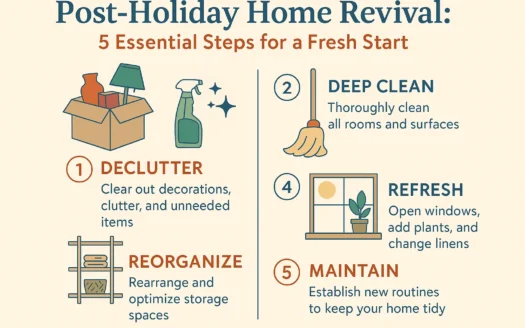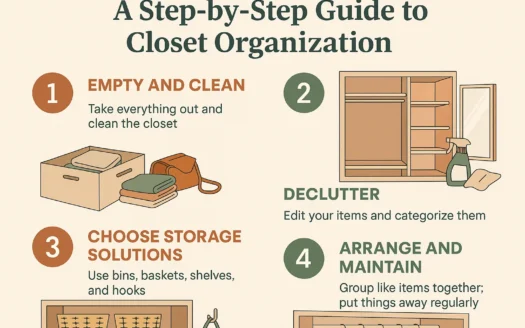Winter Pest Prevention: How to Keep Unwanted Critters Out

Winter Pest Prevention: How to Keep Unwanted Critters Out
Brace yourselves, homeowners. Winter is coming, and its unpleasant chill will send a number of unwelcome critters scurrying into your homes in search of warmth, food, and shelter—unless you set up the proper defenses. Here are some DIY pest control tips to help you put out the “No Vacancy” sign for these unwanted guests.
Secure Your Food Sources
Unprotected food is an open invitation for pests. Follow these steps to keep your kitchen pest-free:
- Store dry foods properly: Pantry items like baking ingredients, pasta, rice, cereal, cookies, and pet food should be kept in airtight, heavy plastic containers. Rodents and insects can easily chew through paper or cardboard packaging.
- Avoid leaving fruit out: As fruit ripens, it emits a strong aroma that attracts pests. Store all produce in the refrigerator to slow ripening and deter insects.
- Use a sealed trash can: Purchase a trash can with a locking lid and thicker trash bags to mask odors. Empty it regularly to prevent buildup.
- Clean up promptly: Never leave dirty dishes in the sink, and wipe down countertops, stovetops, and cutting boards after cooking. Even small crumbs can attract insects like ants, which send scouts to locate food before invading in large numbers.
Eliminate Water Access
Pests need water to survive, so eliminating moisture sources is key:
- Fix leaks promptly: Clear clogged drains and repair dripping faucets or showerheads to prevent standing water.
- Maintain bathroom hygiene: Clean the toilet bowl and tank regularly, and run the exhaust fan after showers to reduce humidity.
- Check under sinks: Roaches and other pests thrive in dark, damp areas. Inspect plumbing for leaks and repair them immediately—temporary fixes like epoxy or waterproof tape should only be used until permanent repairs can be made.
Seal Entry Points
Pests exploit even the smallest openings to enter your home. Take these precautions:
- Inspect your home’s exterior: Check the foundation, siding, and roof for cracks or gaps. Seal them with weatherproof caulk or patching compound.
- Repair or replace damaged screens: Torn window or door screens should be fixed or replaced to keep insects out.
- Secure doors and windows: Install weather stripping and adjust warped doors to close gaps.
- Protect your attic: Cover soffit and attic vents with insect screening or hardware cloth. Check for loose shingles and install a chimney cap if needed.
Reduce Clutter
Clutter provides hiding spots and nesting materials for pests. Declutter your home with these steps:
- Remove unnecessary items: Discard old newspapers, magazines, cardboard boxes, and junk mail.
- Organize storage spaces: Use sealable plastic tubs for belongings in basements, attics, or spare rooms.
- Secure important documents: Store irreplaceable papers (birth certificates, passports) in a fireproof box and file others in labeled folders.
- Store seasonal clothing properly: Keep off-season clothes in plastic bins in a cool, dry place—not the attic.
Fortify Your Yard
Outdoor maintenance helps keep pests from migrating indoors:
- Trim vegetation: Prune shrubs and tree branches that touch your home to eliminate pest bridges.
- Maintain your lawn: Mow regularly to expose ant hills and other insect colonies.
- Clear debris: Rake leaves and clean gutters to remove hiding spots for pests.
- Store firewood away from the house: Keep woodpiles at a distance to prevent insects from migrating indoors.
- Encourage natural predators: Install birdhouses and bat houses to attract pest-eating wildlife.
Use Natural Repellents
Certain plants and oils can help deter pests:
- Plant pest-repelling flora: Some herbs and flowers naturally repel insects.
- Try essential oils: Peppermint, eucalyptus, and citronella can be used in homemade sprays.
Note: These tips are for prevention rather than elimination. If you already have an infestation, professional pest control may be necessary.




